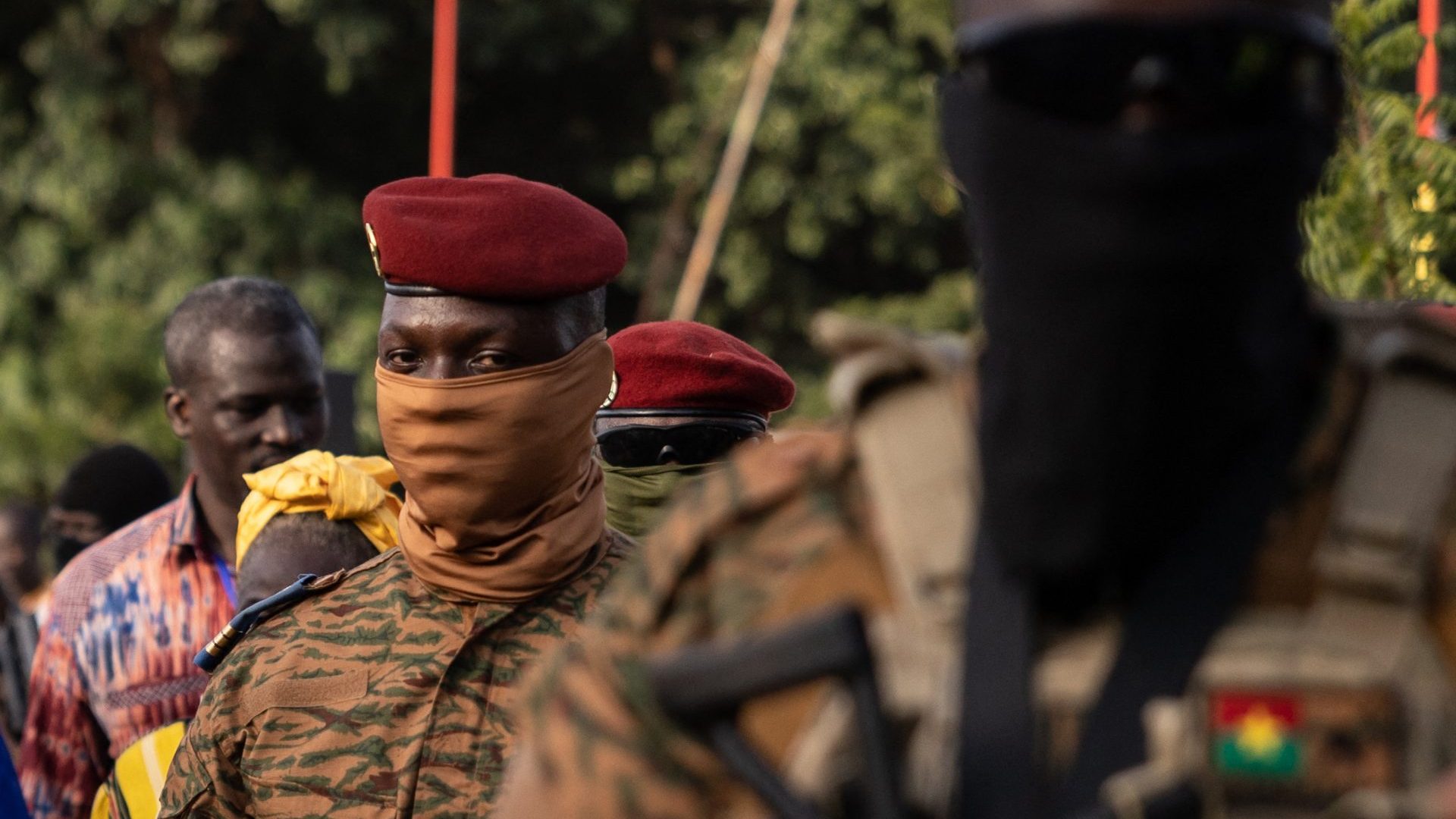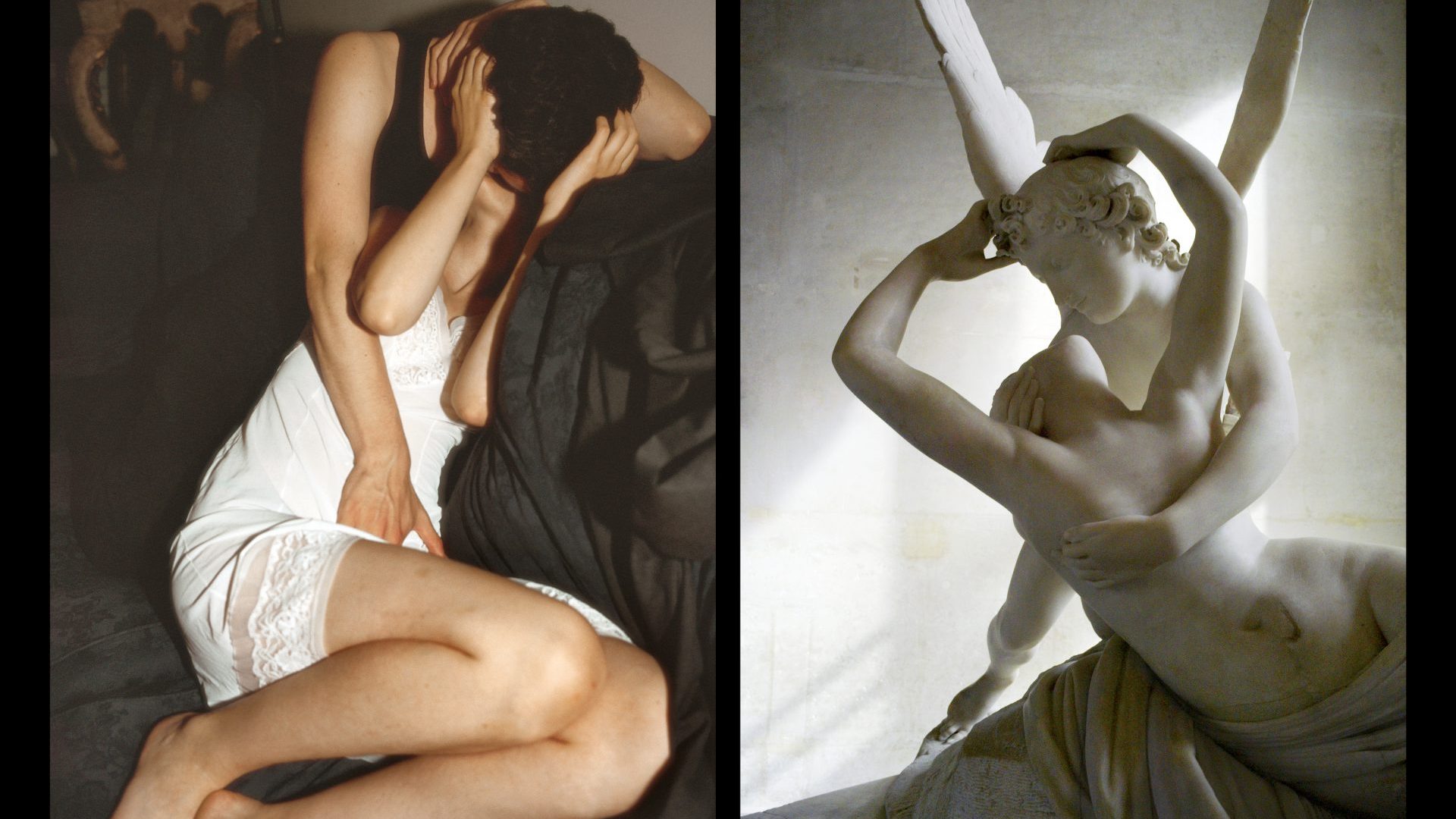“We need to change our epistemology, the way in which we understand Africa,” one of the young Senegalese panellists urged, in French, at a high-level dialogue I recently attended in Dakar. The eclectic group of local policymakers, creatives, and academics had gathered to explore Africa’s role in a fast-changing world. She went on: “We should stop comparing Africa with other parts of the world. Our solutions are rooted in our own lives and cultures. Africa is a place of experimentation.”
Her intervention came in response to a former minister who had opened the event lamenting that Africa had contributed nothing to decision-making at the global level, had never led an international organisation, was excluded from global cooperation frameworks, and lacked human capital. She blamed colonialism for the continent’s woes.
The former minister was decidedly in the minority. The other, younger, participants had more optimistic outlooks; they were eager to identify what opportunities might arise for Africa out of the current crises, and how to harness the continent’s human capital and natural resources to ensure the future flourishing of Africa.
A UN official piped up: “Africans cannot blame France for everything – for our presidents who refuse to give up power, for the lack of hospitals and inadequate education.” He paused before concluding: “The key issue is leadership.”
The young mayor of a small town agreed. He spoke out against what he termed the “mindset of victimhood”, in which people blamed everything on slavery and colonisation. “We are victimising ourselves!” He reminded them that they had never been slaves – and that slavery had also existed everywhere and was still ongoing in some places.
The name of Ibrahim Traoré, the ruler of Burkina Faso, kept cropping up in conversation.
The 37-year-old special forces captain had taken power in a coup in 2022, promising to restore security in a region beset by Islamist violence.
Since then, Traoré has built up his image as a pan-Africanist, rejecting western interference – and reorienting his country away from France towards Russia. At the Russia-Africa summit in 2023, Traoré told other African leaders to “stop behaving like puppets who dance every time the imperialists pull the strings”. Moscow reopened its embassy in the country, with its paramilitaries providing support to the junta. Attending the recent commemorations in Russia to mark the 80th anniversary of the Soviet victory over Nazi Germany in the second world war, Traoré posted on X that he, along with the leaders of neighbouring Mali and Niger (who had also come to power through coups), were inspired to win “the war against terrorism and imperialism at all costs.”
Traoré is being lionised across the continent by Africans who are fed up with their dysfunctional governments and western meddling – and are attracted by the offer of a military strongman embodying effective sovereignty.
Social media is saturated with fake stories of Traoré’s achievements transforming Burkina Faso through building a central bank, providing free education and housing, paying salaries of students searching for jobs, replacing drawing classes with robotics and programming. The narratives come non-stop – and are nearly all fabrications.
There have been 2.1 million views of the song God Protect Ibrahim Traoré, Protect Burkina Faso, purportedly by American singer R Kelly, who is serving a 30-year jail sentence for sex crimes – as well as other AI-generated deepfakes featuring Beyoncé, Justin Bieber, and Rihanna extolling the Burkinabé leader.
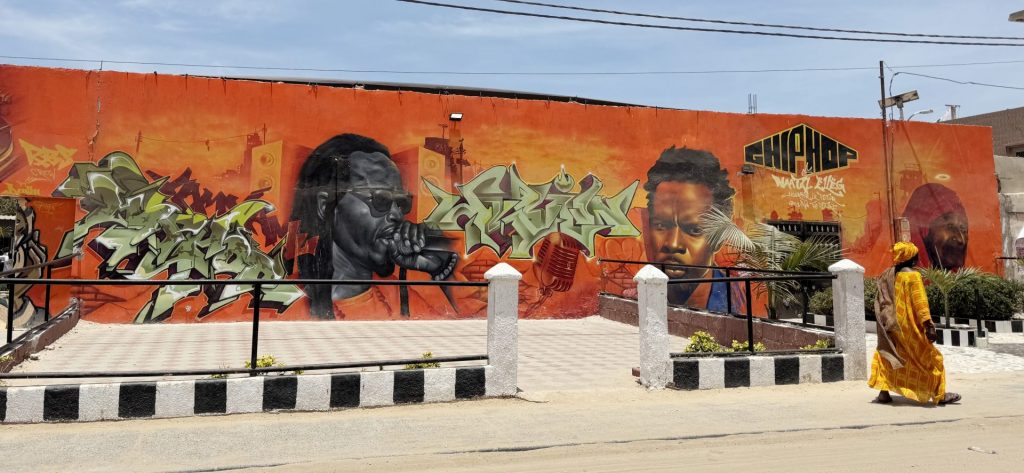
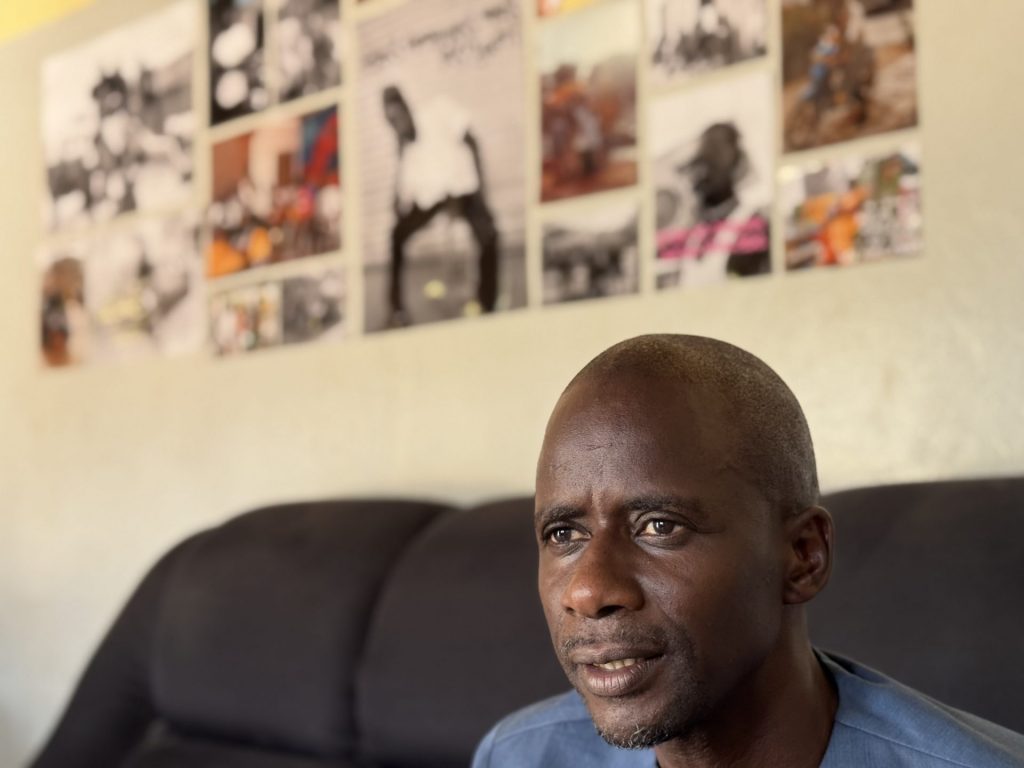
The ferry from Dakar takes around 25 minutes to make the 3.5km journey to Gorée Island. Huddled on deck, with a hundred or so local Senegalese and a few dozen tourists, the boat eased its way out from the port, passing a 180m-long Chinese bulk carrier ship, aptly named “Great Profit.”
In 1978, Unesco listed the island, all 900 by 350 metres of it, as a World Heritage Site, stating “From the 15th to the 19th century, it was the largest slave-trading centre on the African coast.”
As we disembarked in the harbour, I noted the colonial architecture, reminders of the Portuguese, Dutch, English and French rulers, with buildings painted terracotta, yellow and white.
I walked down the cobbled street to the House of Slaves. The guide showed us the courtyard where slaves were sold; the small cells where 15-20 men were kept chained to the wall; and the large upstairs rooms where the slave traders lived. In one room, he showed us the chains that were tied to the feet of a slave, along with a heavy metal ball, to prevent escape. When Nelson Mandela visited, he crawled into one of the punishment cells and sat there in silence for ten minutes, the guide told us, pointing to the hole in the wall beneath the stairs.
Suggested Reading
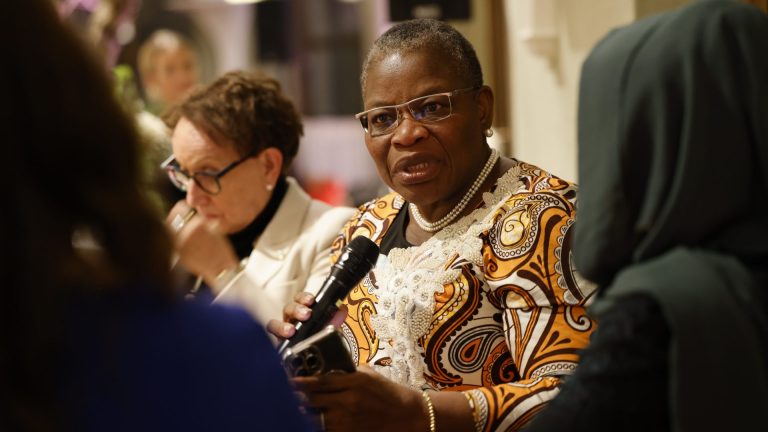

Africans are doing it for themselves
“Twenty million Africans were taken through the door of no return to America,” the guide told us pointing to the window at the far end, “but I think the number was far greater – maybe 200 million.” In 2013, Barack Obama had stood in this very door frame, looking west across the ocean.
The guide described how many African Americans visit the island on heritage tours. They separate the white tourists from the black tourists, he told us, because the whites clap when the guide finishes talking, whereas the blacks weep at the agony their ancestors endured.
We continued our walk around the island, down the sandy paths, passing the renowned girls boarding school, Mariama Bâ (named after the Senegalese writer); bougainvillea-covered houses; old women sitting beneath baobab trees; stalls selling souvenirs; and sheep awaiting slaughter for Eid.
We climbed to the top of the island to Castel Hill, where an artillery battery, originally designed for Danton-class battleships, is mounted – and was featured in the film Guns of Navarone.
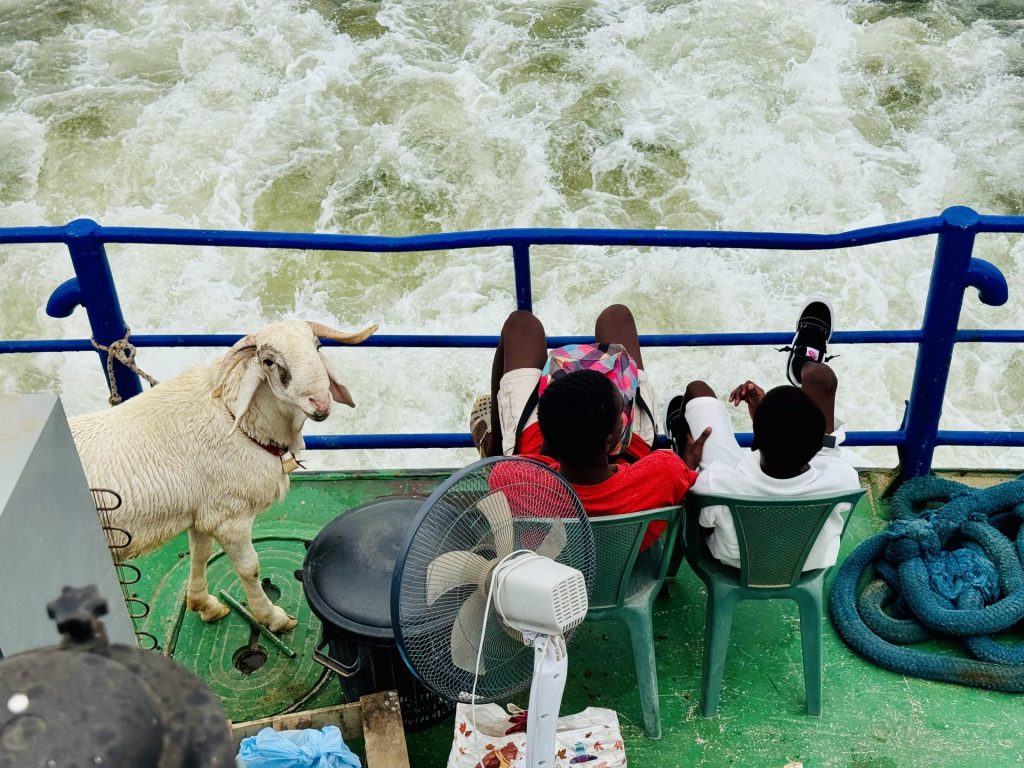
Later, when I read up about Gorée Island in a paper entitled “When the Evidence Changes” by Dr Deborah Mack of the Smithsonian’s National Museum of African American History and Culture, I discovered that much of what I had been told about the island was not in fact true.
The Senegalese government had exaggerated the importance of the island to attract tourists and to capitalise on the growing interest of African-Americans in their heritage, following the 1977 mini-series Roots. Gorée had never been a major hub of the slave trade; the House of Slaves had probably been built as a private residence; and Africans had not been chained to its walls.
In a world in which it is getting harder to discern fact from fiction, it is important that the House of Slaves openly acknowledges that it serves as a memorial, a place of memory, a “seminal interpretive site” to the 12.5 million Africans who were forcibly transferred in ships across the ocean to the new world – and not the actual site.
There are other stories that can be told about Gorée, incorporating new evidence into site interpretation. On the island over time, “the social distance between Europeans, Afro-European elites, free Africans and indigenous slaves was desegregated as it grew, and social distance was reduced without regard to status, gender, identity, or race.”
Modern day Senegal was once part of the Mali empire whose ruler Mansa Musa was purported to own up to two million slaves. He was the richest man of all time with his wealth coming from mining using slave labour. When he went on Hajj to Mecca in 1324, he went with a caravan of 60,000 men including 12,000 slaves. He brought so much gold with him that he caused the Cairo gold crash.
History never ends. It keeps on evolving, seen in different lights through different ages. What we choose to remember. What we choose to forget.
At the Dakar conference, the same panellist who’d invoked Africa’s “epistemological” crisis raised another debate – is Africa in a “moment” or at a “turning point?” It’s the sort of philosophical quarrel that might make more sense in French. But it suggests a certain anxiety of missed opportunities and misplaced agency; of a fierce contest between the ghosts of a determinant past and the hopes of the dynamic future – and the many pressures of the present.
Today, global macro-economic forces of great power competition intersect with complex local dynamics; security vacuums exacerbated by climate change are filled by Russian mercenaries and jihadis; and governments struggle to build legitimacy, crippled by corruption, conflicts and grievances embodied in the structures of the decolonised state.
One of the participants at the workshop, a rapper named Fou Malade, invited me to come visit his hip hop centre in a poor neighbourhood in Dakar. Sitting in the courtyard, under the shade of the tree, and surrounded by brightly coloured murals of Senegalese poets, rappers and Che Guevara, he spoke of the social movement he founded, Y’en a marre, and his work tackling juvenile delinquency and rehabilitating former prisoners.
We wandered over to watch a bunch of schoolgirls rehearsing their dance performance with great skill and enthusiasm, while young men beat the rhythm on Assiko drums. Fou Malade spoke of his big ambitions to expand civic engagement and mobilise young people to participate in elections. Hip hop – a musical movement that emerged in the black American community in 1970s Bronx, giving voice to descendants of the slaves forcibly transported from West Africa – found its way to Senegal, and merged with the beat of the Assiko drums to uplift a community.
Ibou, a poet, invited me to his home one evening along with a couple of other guests including the mayor. At the workshop, Ibou had spoken of the importance of creating spaces to convene such communities as those gathered that day, of focusing on the future of Africa, and of developing networks of change-makers to support and uplift each other to become tomorrow’s leaders.
On the seventh floor of an apartment building he shared with all his family, his wife had prepared an amazing array of traditional Senegalese food with chicken, fish, couscous. A musician played the kora, a 21-stringed lute, accompanied by his son singing classical Senegalese songs. The poet and the mayor spoke of how they had been friends since school. Now they had ambitions to build a political movement together and to run for national election. Ibou recited for us a poem he had written – Metamorphosis.
Swathed in a pupa, it begins
An amazing evolution.
From inside it grows as it spins.
New skills are in its possession.
And then he stood up, grabbed the microphone and began singing. And the mayor joined him dancing.
Emma Sky is an author and director of Yale’s International Leadership Center


